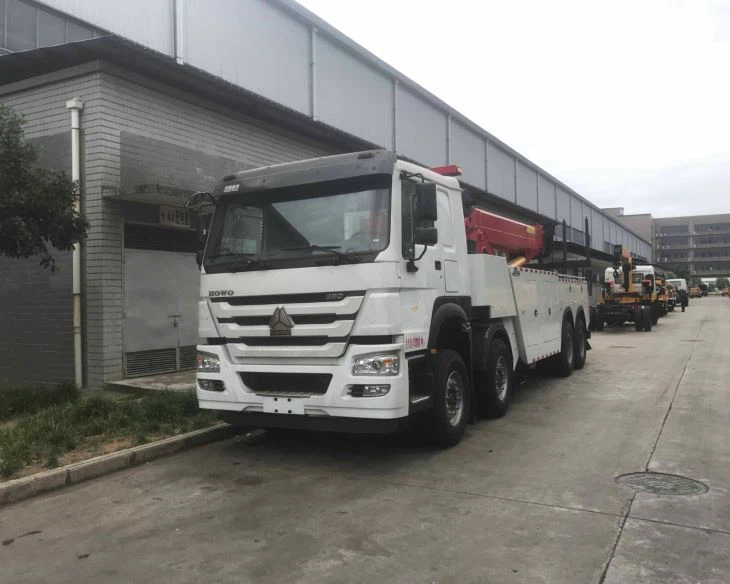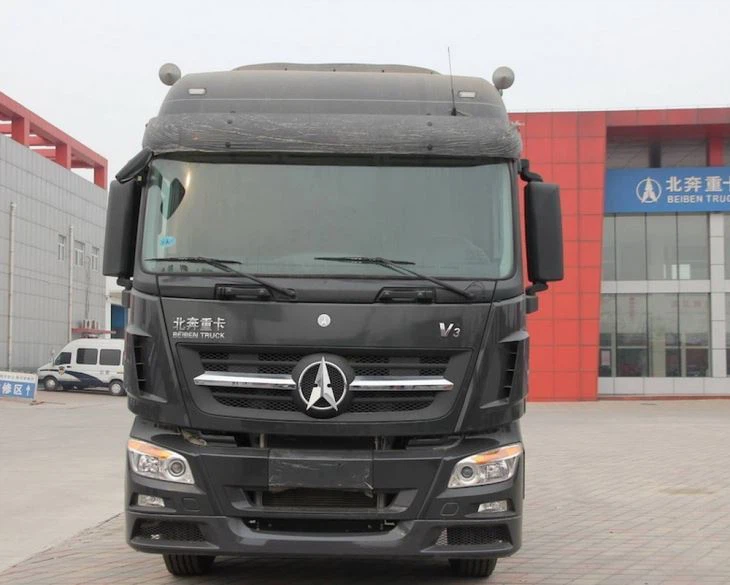Exploring Hydro Trucks: The Future of Eco-Friendly Transportation

Introduction
In a world where environmental concerns are becoming more pressing, the automotive industry is undergoing a significant transformation. One of the most exciting developments in this area is the emergence of hydro trucks. Combining innovative technology with sustainable practices, hydro trucks represent a groundbreaking shift towards cleaner transportation solutions. In this article, we will explore what hydro trucks are, how they work, their benefits, challenges, and potential future developments. Whether you’re an industry professional, a potential buyer, or someone curious about eco-friendly technologies, this comprehensive guide will cover essential aspects of hydro trucks.
What is a Hydro Truck?
A hydro truck is a type of vehicle that utilizes hydrogen as a primary fuel source, running on a hydrogen fuel cell system. These vehicles are designed to replace traditional diesel and gasoline-powered trucks, offering a cleaner and more sustainable alternative for goods transportation. Hydrogen trucks are equipped with fuel cells that convert hydrogen gas into electricity, which then powers the truck’s electric motor. This innovative technology minimizes harmful emissions and supports the global shift towards greener energy sources.
The Science Behind Hydrogen Fuel Cells
Hydrogen fuel cells operate through a simple chemical reaction. The primary components include:
- Hydrogen (H2): A clean fuel that produces only water vapor when consumed.
- Oxygen (O2): Typically sourced from the air.
- An electrolyte membrane: Allows the passage of protons while blocking electrons.
The process can be summarized in the following steps:
- Hydrogen molecules enter the fuel cell and split into protons and electrons.
- Electrons travel through an external circuit, generating electricity.
- Protons pass through the electrolyte membrane to the cathode side.
- At the cathode, protons and electrons combine with oxygen to create water and heat.
Advantages of Hydro Trucks
Hydro trucks offer several advantages over traditional fuel-powered commercial vehicles, making them an attractive option for businesses and fleet operators.
1. Environmental Benefits
The most significant advantage of hydro trucks is their potential to reduce greenhouse gas emissions. Operating on hydrogen leads to zero carbon dioxide emissions, which is crucial for fighting climate change and improving air quality.
2. Cost-Effectiveness
While the initial investment in hydro truck technology can be high, the cost savings over time can be substantial. Lower fuel costs, reduced maintenance expenses, and government incentives for using alternative fuels can help mitigate the upfront costs. According to industry estimates, fuel costs for hydrogen trucks can be 30-50% lower than diesel trucks.
3. Energy Efficiency
Hydro trucks are more energy-efficient compared to conventional vehicles. Fuel cells convert hydrogen directly into electricity without the need for complex mechanical parts, leading to higher efficiency levels—approximately 50-60% compared to an internal combustion engine’s 20-30% efficiency.

4. Longer Range and Quick Refueling
Hydro trucks typically offer a longer range than battery-electric vehicles and can be refueled in a matter of minutes compared to hours for electric trucks. This makes them particularly advantageous for long-haul trucking operations.
Challenges Facing Hydro Trucks
Despite their benefits, there are several challenges that need to be overcome to make hydro trucks more widely adopted.
1. Infrastructure Development
The lack of adequate hydrogen refueling stations remains a significant barrier to adoption. Extensive investment in refueling infrastructure is essential to support the growing demand for hydrogen vehicles.
2. Production and Distribution of Hydrogen
Currently, most hydrogen is produced using natural gas through a process called steam methane reforming, which emits greenhouse gases. Developing green hydrogen production methods—like electrolysis powered by renewable energy—is crucial for enhancing the environmental benefits of hydro trucks.
3. Initial Investment Costs
The upfront cost of purchasing hydro trucks is generally higher than conventional vehicles. While operational costs may be lower in the long run, the initial financial barrier is a hurdle for many businesses.
4. Public Awareness and Acceptance
Many stakeholders, from consumers to fleet operators, lack awareness of the benefits of hydrogen technology. Education and outreach are necessary to drive acceptance and understanding within various sectors.
Examples of Hydro Truck Applications
Hydro trucks are increasingly being adopted in several sectors, providing practical applications that demonstrate their viability and effectiveness.
1. Delivery Services

Companies like Amazon and Walmart have begun testing hydrogen fuel trucks for last-mile delivery services. These vehicles significantly reduce emissions in urban environments, where air quality is often compromised.
2. Heavy-Duty Freight Transport
Hydrogen fuel technology has been embraced by major logistics companies, such as Hyundai and Nikola Motor Company, to develop trucks capable of transporting goods over long distances without emissions.
3. Construction and Mining
In industries like construction and mining, hydro trucks provide a substantial reduction in air pollutants. Companies are exploring hydrogen-powered vehicles for transporting materials to and from job sites.
Future Trends in Hydro Truck Technology
The future of hydro trucks appears promising, with several exciting developments on the horizon.
1. Advancements in Fuel Cell Efficiency
Ongoing research is focused on improving fuel cell technology to boost efficiency and lifespan, reducing operational costs and making hydro trucks more attractive to fleet operators.
2. Expanded Hydrogen Production Methods
Investments in green hydrogen production—derived from renewable sources—could contribute to lowering the overall carbon footprint associated with hydro truck operation.
3. Partnerships and Collaborations
Strategic alliances between automotive manufacturers, energy companies, and government organizations are crucial for enhancing infrastructure and supporting broader adoption of hydro trucks.
Tips for Transitioning to Hydro Trucks

If you’re considering moving towards hydro trucks for your fleet, here are some practical tips to facilitate the transition:
1. Assess Your Fleet Needs
Consider the size of your fleet, types of transportation requirements, and expected distances to determine how hydro trucks fit into your logistics strategy.
2. Research Available Models
Explore various hydro truck models offered by manufacturers. Assess specifications like range, payload capacity, and refueling infrastructure support.
3. Engage with Stakeholders
Collaborate with other businesses using hydrogen technology. This exchange of experiences will provide valuable insights, best practices, and potential partnerships to facilitate the transition.
4. Monitor Regulatory Changes
Stay updated on government incentives for adopting alternative fuel vehicles. Policies are increasingly favoring eco-friendly solutions through tax credits and grants.
FAQs About Hydro Trucks
1. How does a hydro truck work?
A hydro truck operates using a hydrogen fuel cell system that converts hydrogen into electricity, powering the vehicle’s electric motor. This process emits only water vapor, making it an environmentally friendly option.
2. What are the key benefits of using hydro trucks?
Hydro trucks offer several advantages, including zero emissions, cost savings on fuel, higher energy efficiency, a longer driving range, and quick refueling capabilities.
3. Are there any challenges to using hydro trucks?
Yes, challenges include the need for adequate hydrogen refueling infrastructure, the current production methods of hydrogen, initial investment costs, and the general lack of public awareness.
4. Where can I find hydrogen refueling stations?
Hydrogen refueling stations are currently limited in number but are being developed in various regions. Online platforms and mobile apps are available to help locate existing hydrogen stations.
5. How can I transition my fleet to hydro trucks?
Start by assessing your fleet needs, researching available hydro truck models, engaging with industry partners, and monitoring supportive regulations and incentives.
6. What is the future of hydro truck technology?
The future looks bright for hydro trucks, with advancements in fuel cell efficiency, expanded hydrogen production methods, and growing partnerships enhancing industry adoption and infrastructure development.
